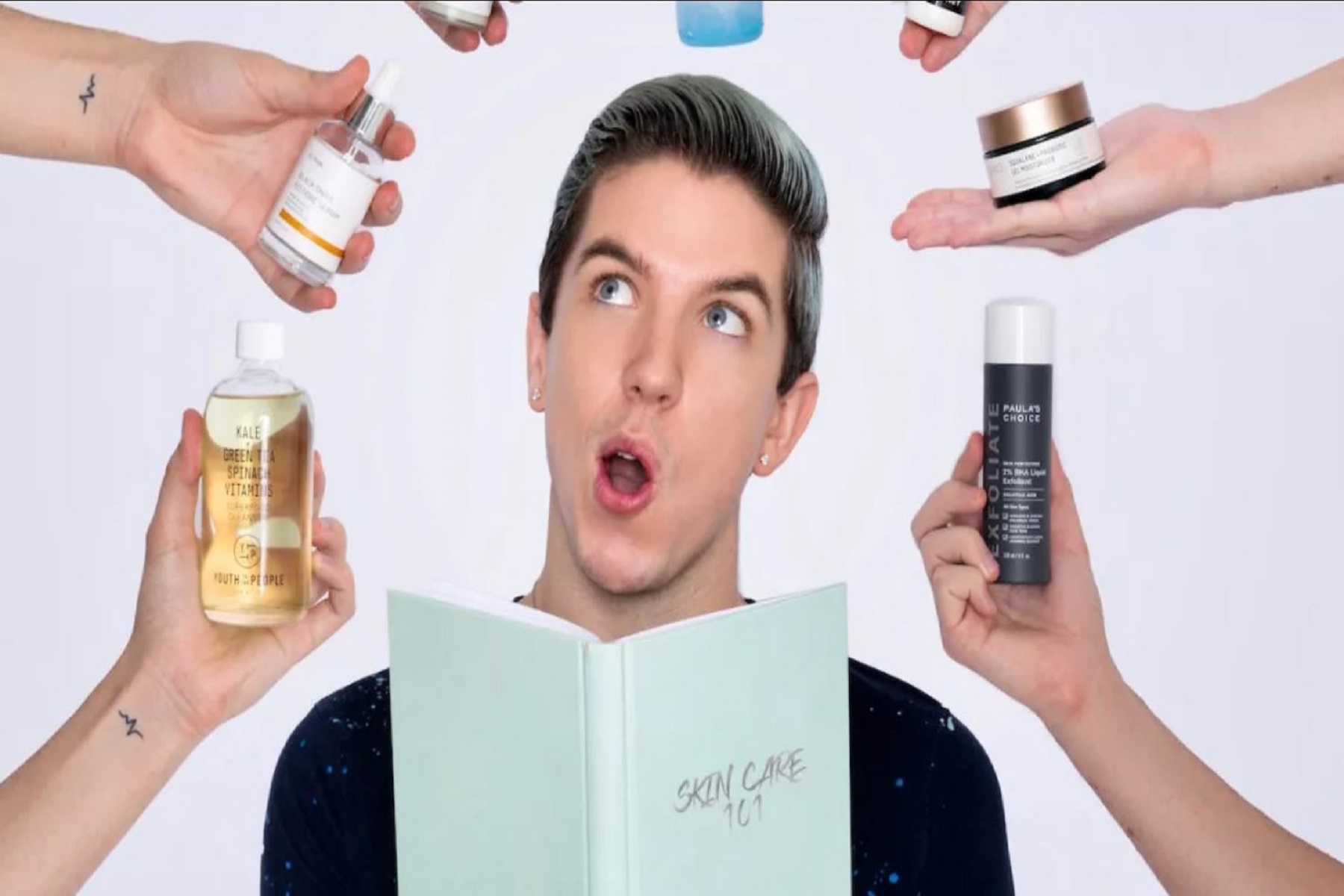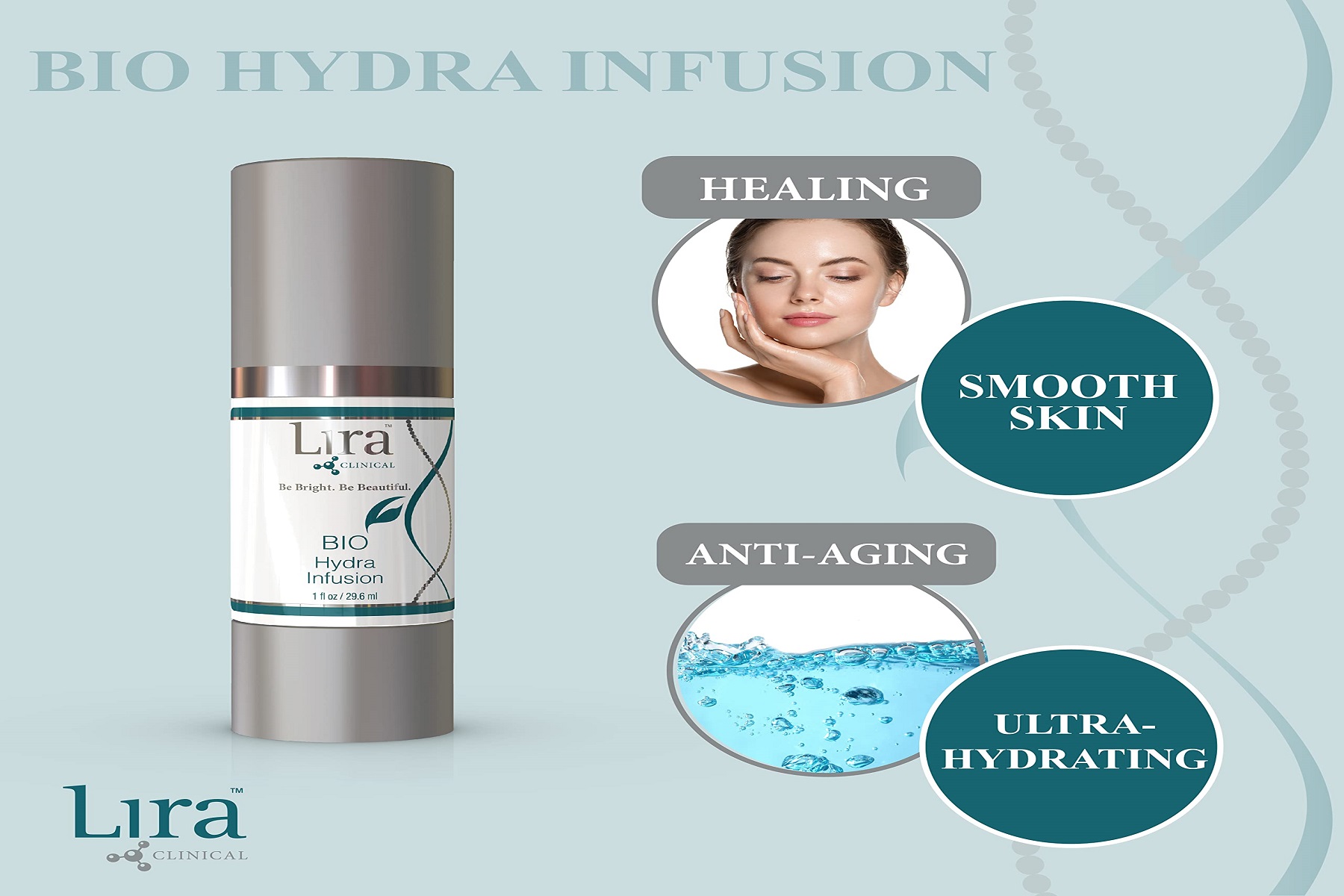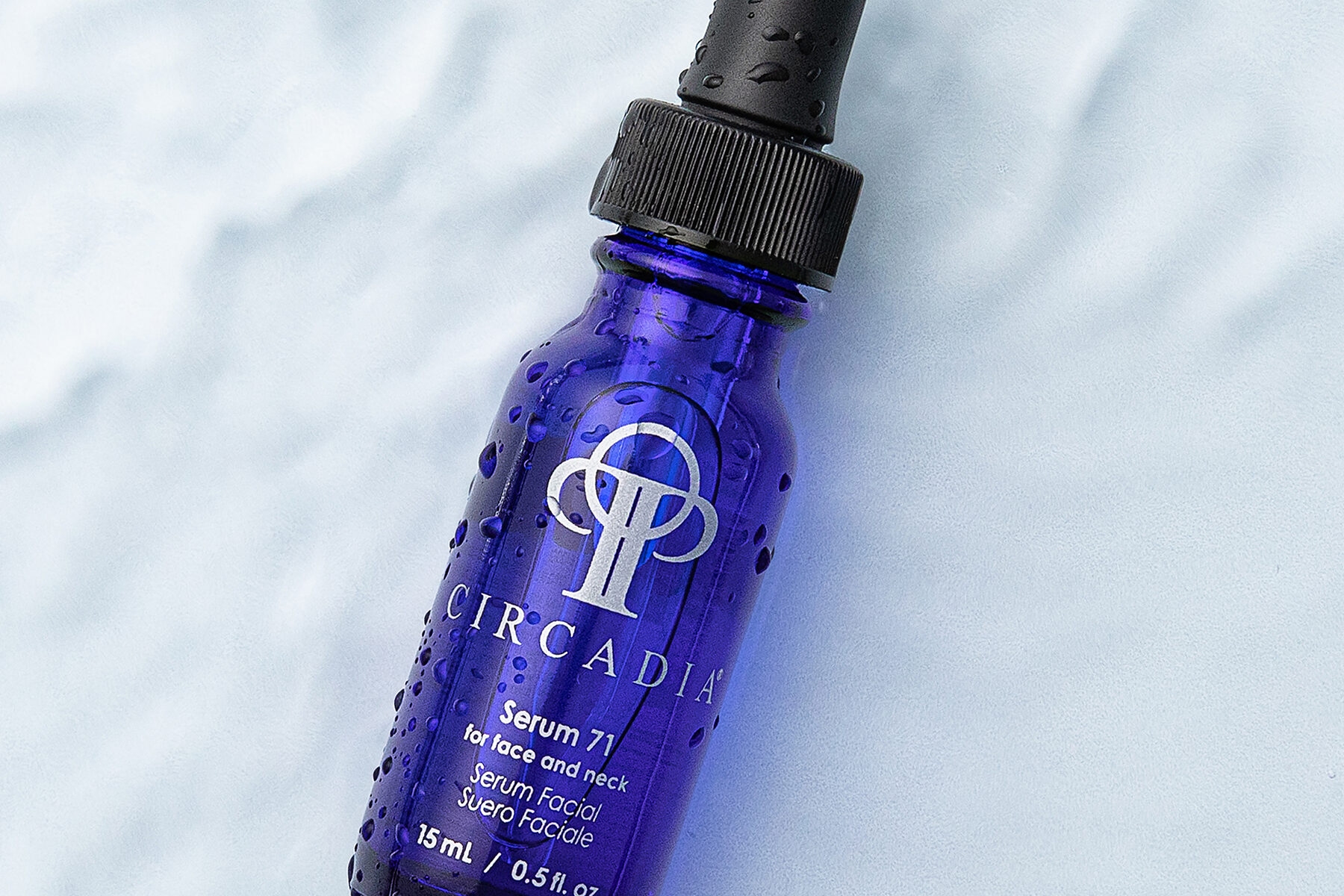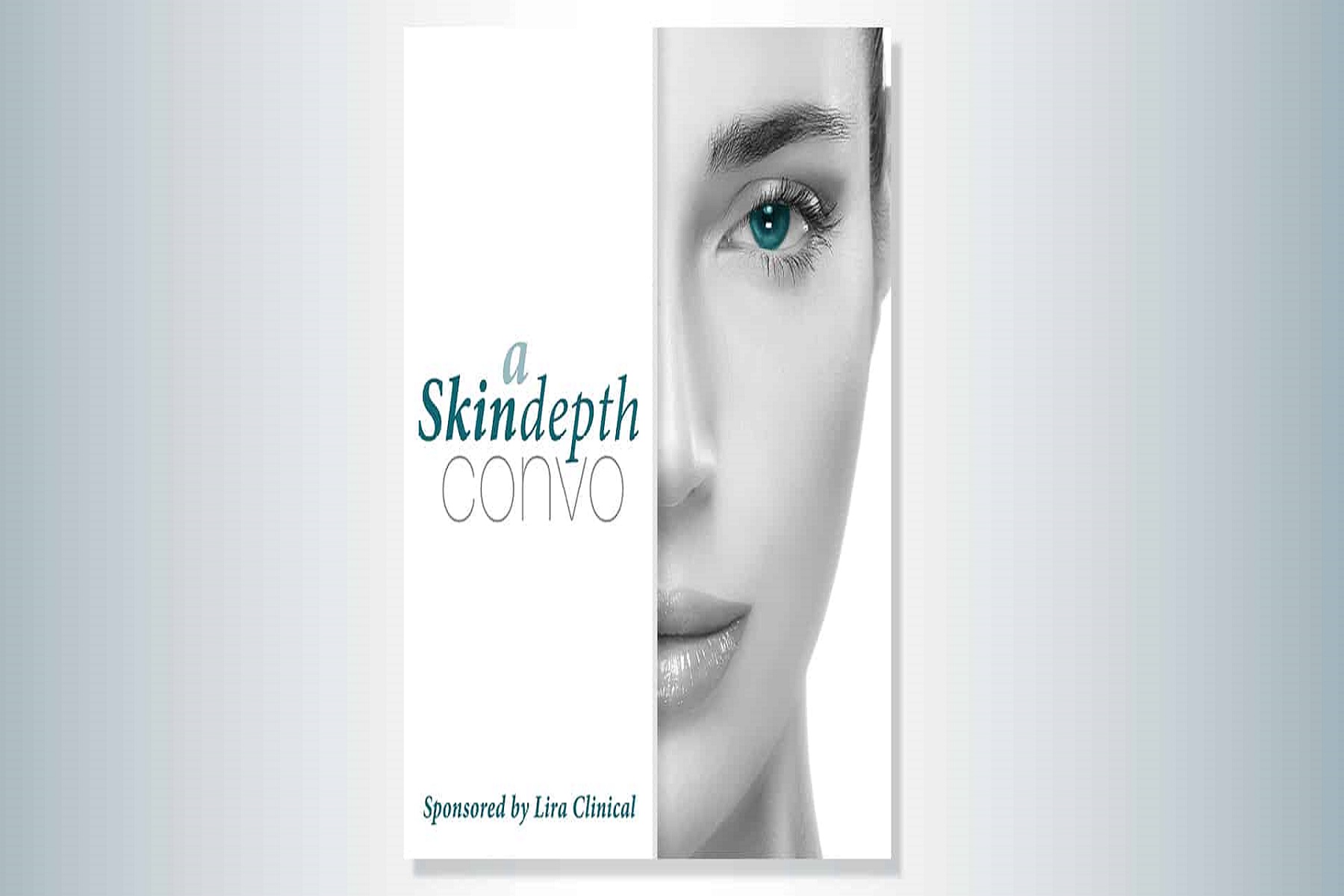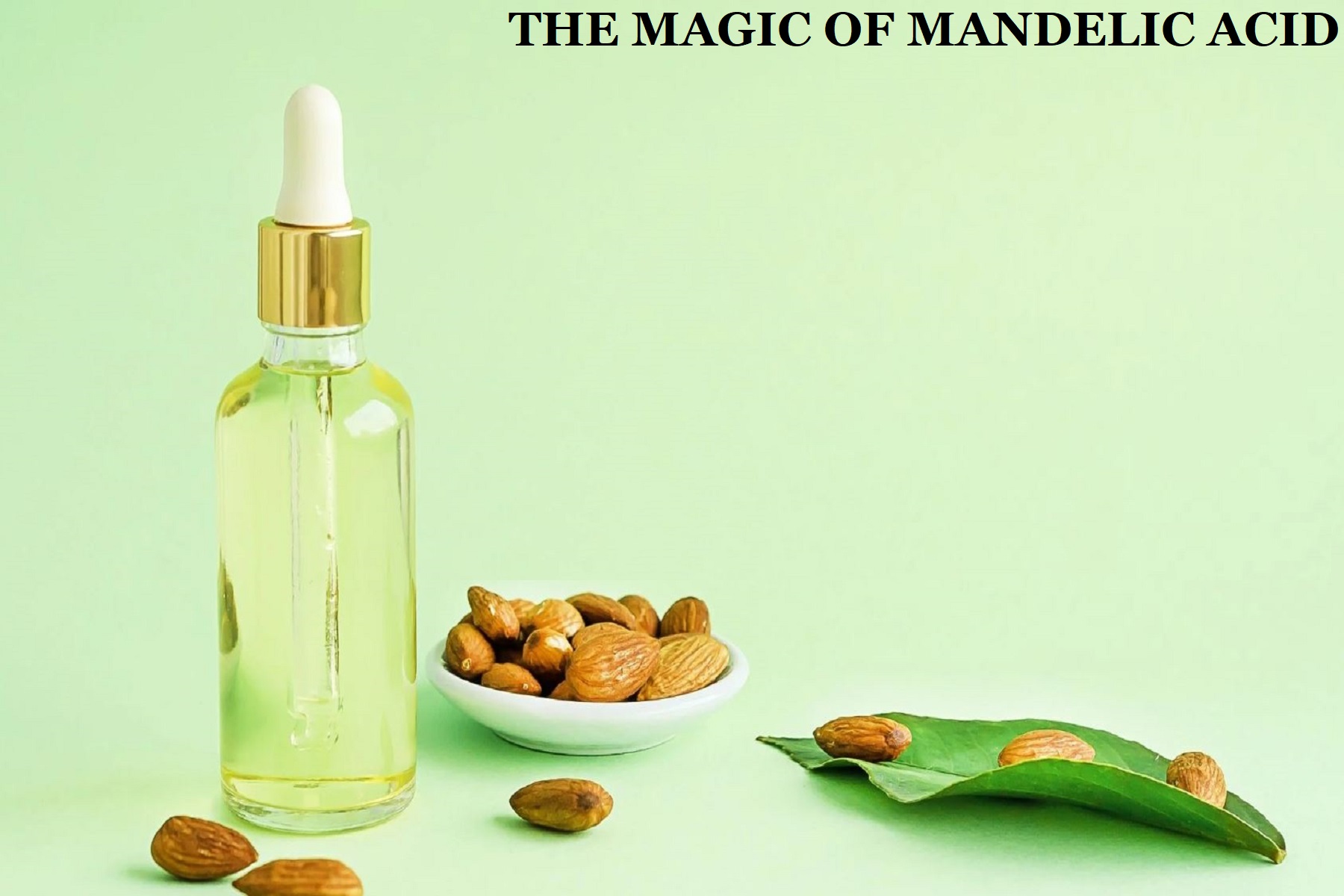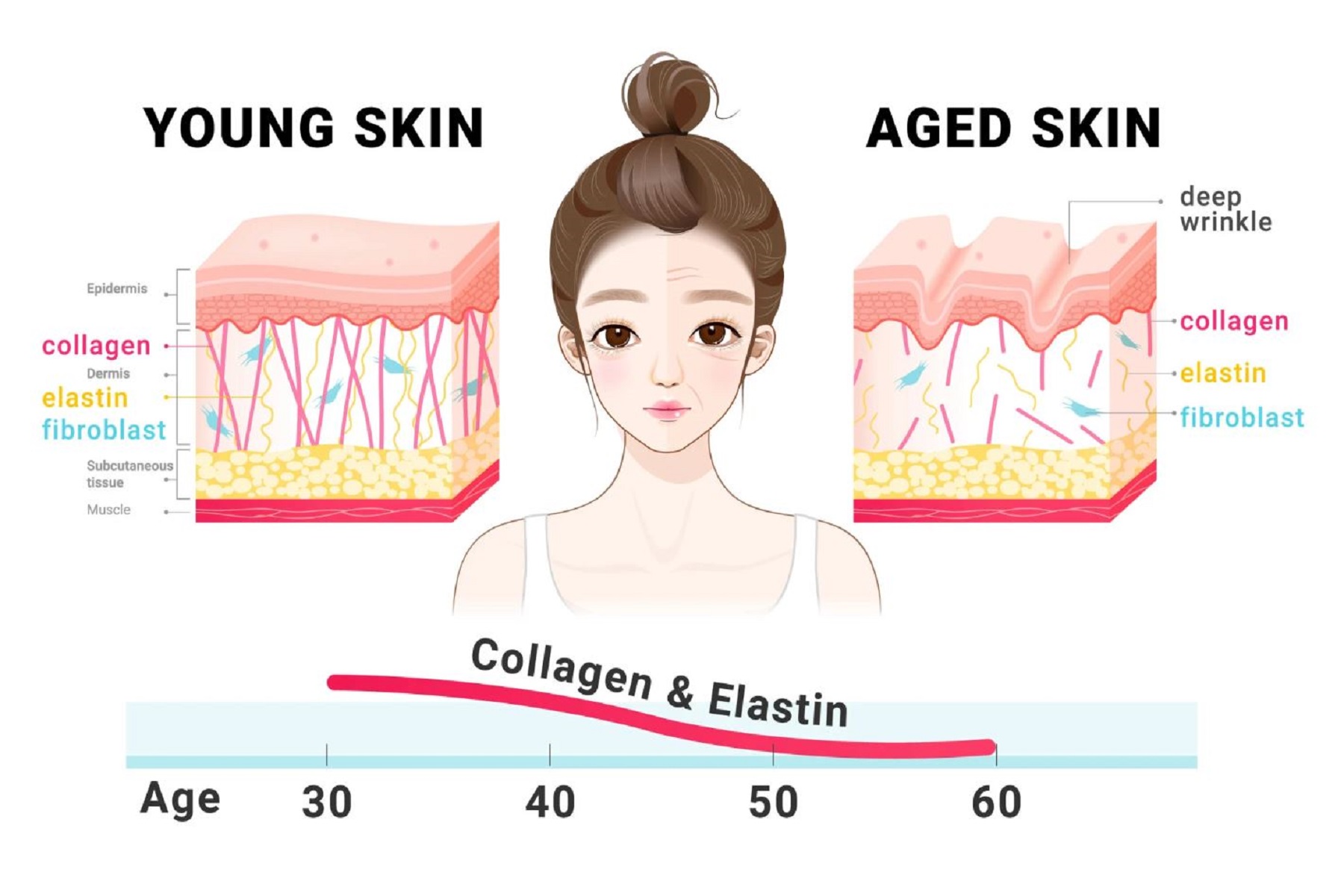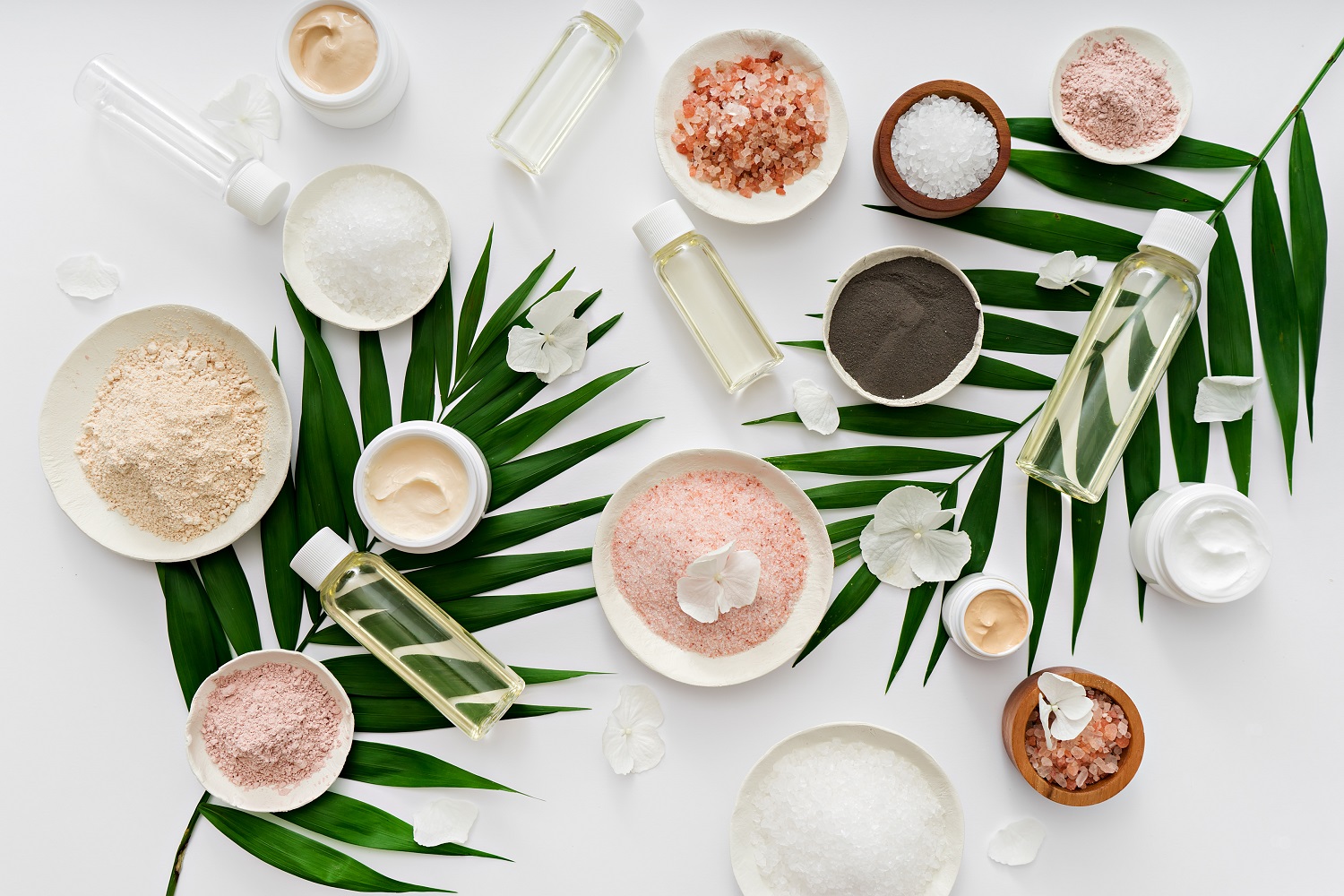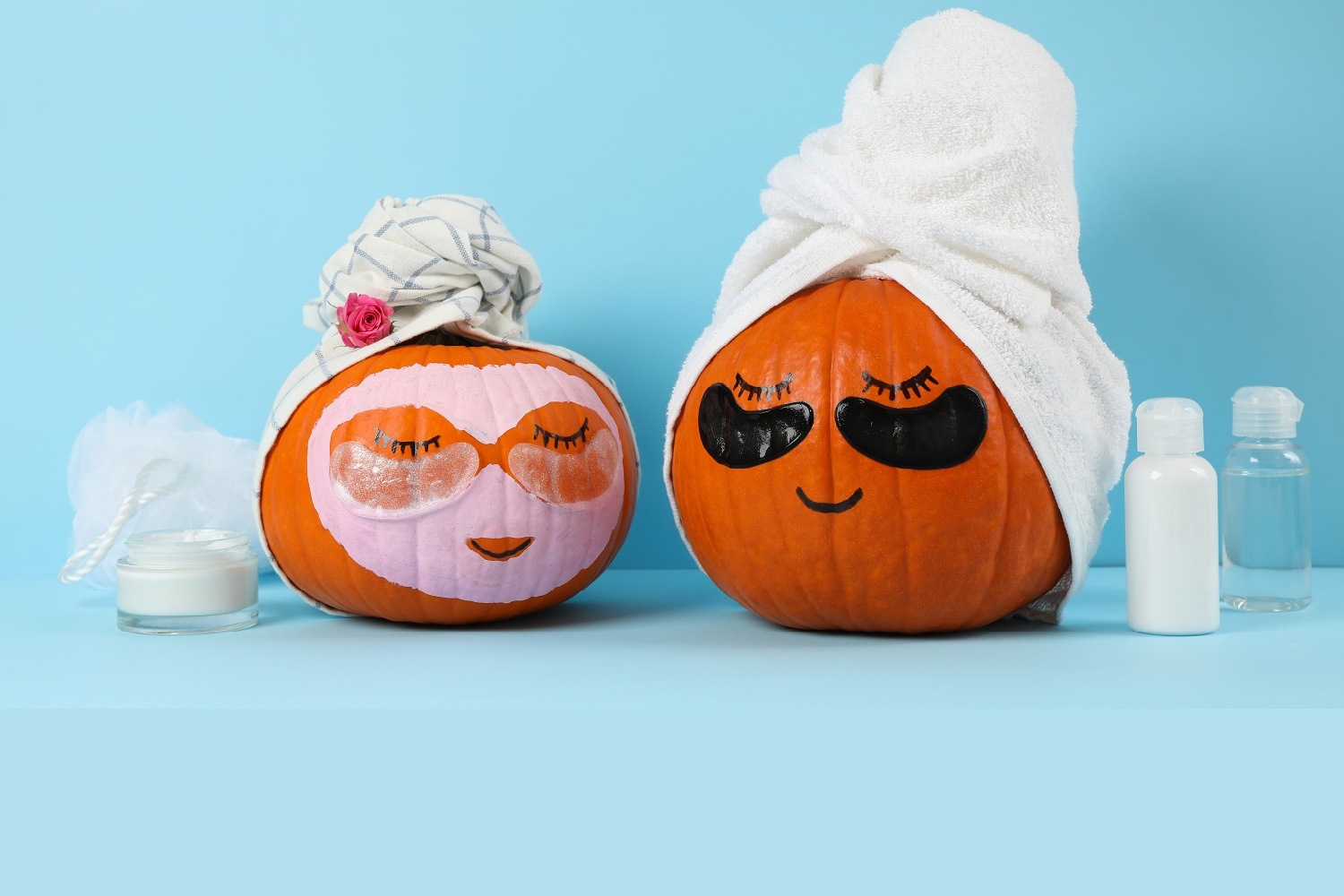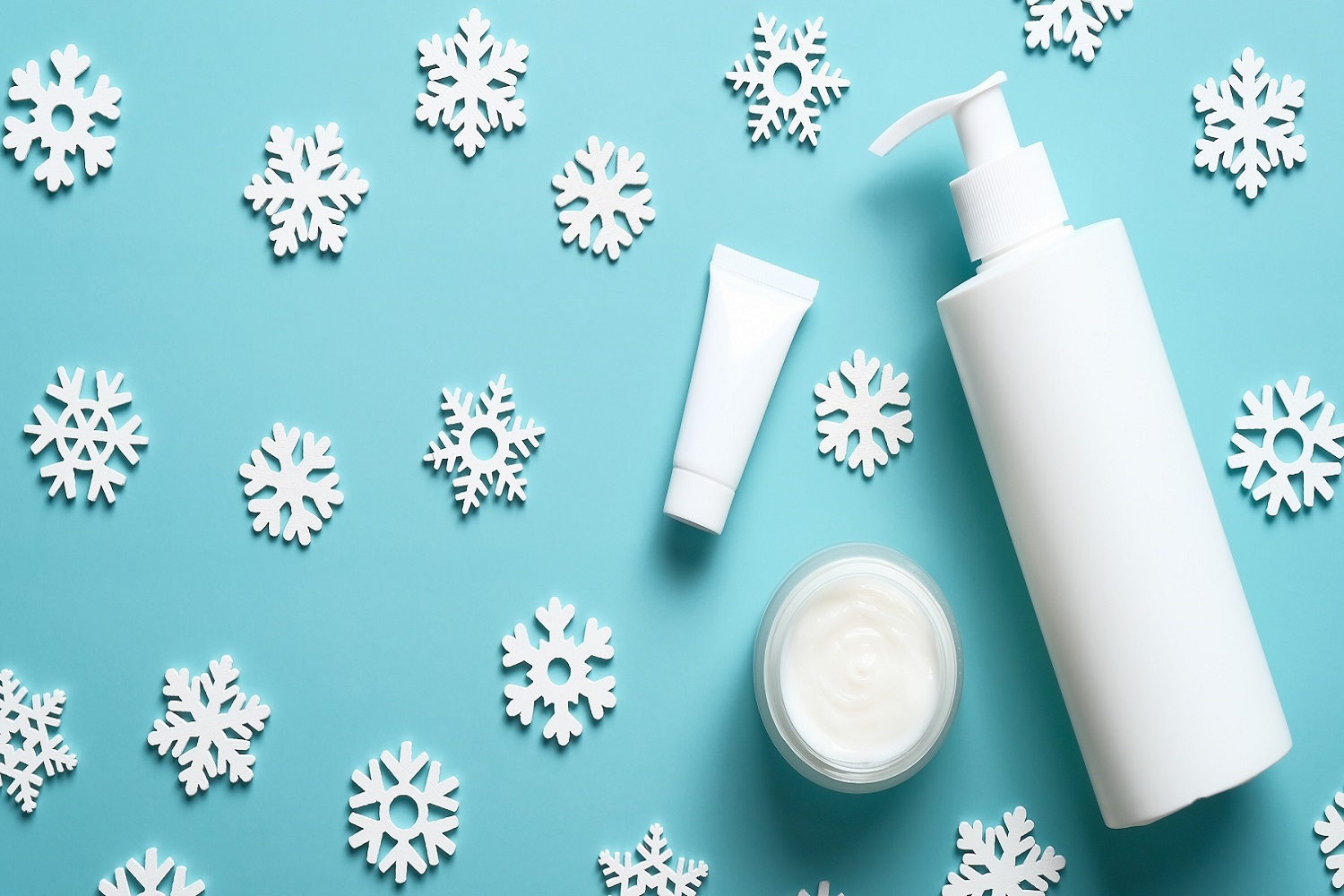If you’ve even so much as dabbled in the skincare community, there’s no doubt that you’ve heard about retinol and how it seems to be the magic ingredient to all our skin woes.
While that statement isn’t completely realistic, it is proven to be a powerful ingredient that does a lot of good for the skin! Retinol is a vitamin A derivative that is used to treat a variety of skin types and conditions by promoting cellular turnover and collagen production.
If you’re new to retinol or just looking for more information, you’re in the right place.
The Benefits of Retinol
1- Reduce Fine Lines and Wrinkles
Retinol is best known for its anti-aging benefits, especially reducing the development and appearance of fine lines and wrinkles. Retinol is a powerful collagen-encouraging ingredient, so proper and regular use of retinol will allow the skin to heal and regenerate from the inside out! As new collagen is produced the skin will appear plump with softened wrinkles and fine lines for a more youthful look.
2- Treats Acne and Scarring
While retinol is an excellent age-management ingredient, the benefits don’t end there. Retinol has the power to remove dead skin cells, oil, dirt, and other impurities that get stuck in our pores and cause acne. As well as preventing acne, it is also capable of reducing scarring from within, due to its ability to penetrate the skin into the second layer, the dermis, to stimulate collagen and elastin, two proteins that are crucial for healing.
3- Reduces Hyperpigmentation
If there’s anything to note about hyperpigmentation, it’s that it can linger under the skin before making an appearance. Therefore, it is essential to use a product that can stimulate cell turnover to eliminate excess pigment that results in uneven skin tone. Retinol encourages and increases cell turnover to speed up results and even the skin’s overall tone. Furthermore, it can increase the effectiveness of other ingredients, so pairing retinol with a tyrosinase inhibitor will reduce excess pigment for better results.
That’s also what makes retinol so wonderful for skin that has been exposed to sun damage. Since sun damage doesn’t surface on the skin right away, retinol can treat the damage, such as pigmentation, before it appears.
4- Brightens the Skin
While our skin cells naturally turn over to bring healthier cells to the surface, this process begins slowing as we age. The slowing of cell turnover can lead to dull, lackluster skin that often comes with aging. Then enter retinol. As a restorative antioxidant, retinol does not physically exfoliate the skin, but instead regulates the natural exfoliation process by increasing cellular renewal, leading to brighter, even-toned skin.
5- Smooths and Improves Skin Texture
Have you ever put on makeup to find that it did not sit well on your face? It may not be the makeup or the application technique, but instead uneven skin texture. Textured skin is often a result of a buildup of dead skin cells on the skin, acne scarring, enlarged pores, aging, and other environmental factors. Thankfully retinol can help! As we already know retinol will increase cell turnover, and as a result, it will refine and resurface the skin without thickening the outermost layer. The result? A smooth and improved surface that’s easy to apply makeup to.
When to Start Using Retinol
Even though retinol is typically seen as an anti-aging product, it’s not only reserved for those who are starting their aging-management routine. Since it’s an effective treatment for acne and skin texture, retinol can be safely used to treat teenage acne if the individual is over the age of twelve.
What to Keep in Mind When Using Retinol
Always Wear SPF (SUN PROTECTION FACTOR)
Retinol breaks down when exposed to the sun’s UV rays, so it’s essential that SPF is used to maintain the efficacy of the ingredients. Additionally, retinol can cause photosensitivity, even if you’re only using it at night, so make sure you’re protecting your beautiful skin during the day!
Skin Conditioning May Be Required
Retinol can be extremely drying for someone who is using it for the first time. If you’re brand new to retinol you may want to use a buffer product such as Ultra Hydro Gel or start by using it only a few nights a week and increasing usage as your skin gets used to the new ingredient.
Retinol is Not Advised for Pregnant or Nursing Women
When you’re pregnant or nursing, everything that your body absorbs is also fed to the child. While the use of topical vitamin A (retinol) is safe for adult skin, it has proven harmful to unborn and newborn children, so you must discontinue your retinol use if you are actively trying to conceive, are pregnant, or nursing.

